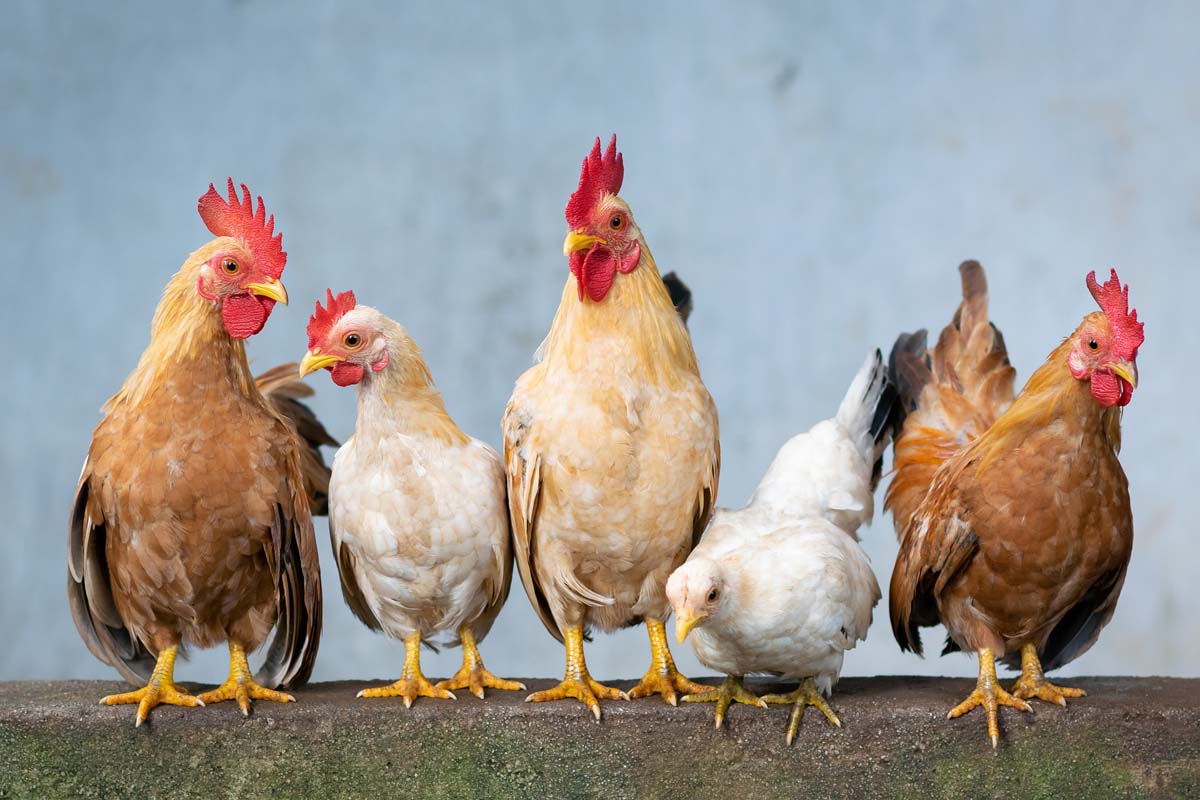
403
Sorry!!
Error! We're sorry, but the page you were looking for doesn't exist.
Spain Issues Orders to Keep Farm Birds Indoor to Curb Bird Flu Spread
(MENAFN) Spain will require farm birds to be kept indoors starting Monday across large parts of the country to curb the spread of bird flu.
Chickens, turkeys, ducks, and geese must be moved into coops from outdoor areas in nearly 1,200 municipalities designated as high-risk zones.
The Agriculture Ministry said some exemptions could be allowed if farmers provide suitable netting to block contact between domestic and wild birds. Regardless, all poultry must be fed and watered while indoors.
Farmers are also obligated under the new rules to ensure birds’ water sources are inaccessible to wild birds.
The ministry implemented the measures in response to a rise in cases across Europe combined with colder weather, which can exacerbate transmission.
Mar Fernandez, director of the Spanish Egg Producers Association, told Spanish news agency EFE that the egg sector has already been “heavily affected,” noting that nearly 2.5 million hens have been culled in recent weeks.
She added that no new outbreaks have emerged in the past few weeks, but farms impacted by earlier infections will need time to rebuild their flocks.
Data from Spain’s consumer group OCU show the average price of a dozen eggs has increased by €1 ($1.16) over the last six months, a 137% rise since 2021.
Spain’s poultry meat industry has fared better, as most operations are already conducted indoors, Jordi Montfort, secretary-general of the Spanish Poultry Meat Association, told Spanish broadcaster RTVE.
The current H5N1 bird flu strain can kill up to 100% of affected poultry within 48 hours in species like chickens and turkeys.
The virus has also been identified in more than 200 mammal species, including cows, cats, seals, and humans, according to the US Centers for Disease Control and Prevention.
While human-to-human transmission has not been confirmed for the circulating strains, the World Health Organization reported that 28 people who had direct contact with infected birds contracted the virus this year, resulting in 11 deaths.
Chickens, turkeys, ducks, and geese must be moved into coops from outdoor areas in nearly 1,200 municipalities designated as high-risk zones.
The Agriculture Ministry said some exemptions could be allowed if farmers provide suitable netting to block contact between domestic and wild birds. Regardless, all poultry must be fed and watered while indoors.
Farmers are also obligated under the new rules to ensure birds’ water sources are inaccessible to wild birds.
The ministry implemented the measures in response to a rise in cases across Europe combined with colder weather, which can exacerbate transmission.
Mar Fernandez, director of the Spanish Egg Producers Association, told Spanish news agency EFE that the egg sector has already been “heavily affected,” noting that nearly 2.5 million hens have been culled in recent weeks.
She added that no new outbreaks have emerged in the past few weeks, but farms impacted by earlier infections will need time to rebuild their flocks.
Data from Spain’s consumer group OCU show the average price of a dozen eggs has increased by €1 ($1.16) over the last six months, a 137% rise since 2021.
Spain’s poultry meat industry has fared better, as most operations are already conducted indoors, Jordi Montfort, secretary-general of the Spanish Poultry Meat Association, told Spanish broadcaster RTVE.
The current H5N1 bird flu strain can kill up to 100% of affected poultry within 48 hours in species like chickens and turkeys.
The virus has also been identified in more than 200 mammal species, including cows, cats, seals, and humans, according to the US Centers for Disease Control and Prevention.
While human-to-human transmission has not been confirmed for the circulating strains, the World Health Organization reported that 28 people who had direct contact with infected birds contracted the virus this year, resulting in 11 deaths.

Legal Disclaimer:
MENAFN provides the
information “as is” without warranty of any kind. We do not accept
any responsibility or liability for the accuracy, content, images,
videos, licenses, completeness, legality, or reliability of the information
contained in this article. If you have any complaints or copyright
issues related to this article, kindly contact the provider above.

















Comments
No comment